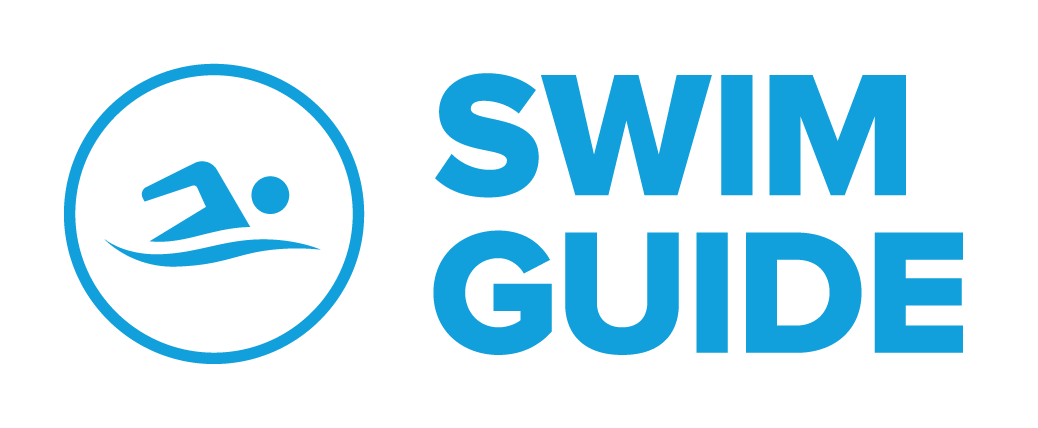Friends of Deckers Creek routinely monitors total coliform and Escherichia coli (E. coli) levels at three sites in our watershed. We take water samples every month from the Deckers Creek Gorge, our Outdoor Learning Park, and Marilla Park, then quantify the presence of these bacteria using IDEXX supplies in our lab. Results are uploaded at TheSwimGuide.org within 24 hours of sampling.
In 2018, Friends of Deckers Creek was 1 of 10 organizations in the nation, and the first ever organization based in West Virginia, to receive an EPA Environmental Justice Collaborative Problem-Solving (EJCPS) grant for a project aimed at monitoring and reducing fecal coliform levels in the Deckers Creek Watershed. Click here to view our project brochure. The project has multiple facets, including:
- Collecting water samples to identify major sources of fecal coliform pollution.
- Working with a stormwater engineer to develop a comprehensive stormwater management plan.
- Educating the community on the Deckers Creek Watershed, its pollutants, and safe recreation.
- Enlisting the help of Citizen Scientists to aid in sample collection.
What Is Fecal Coliform?
Fecal coliform bacteria derives from the intestines of warm-blooded animals, and can potentially include E. coli. Not all fecal coliform or E. coli strains are dangerous, but high levels do indicate the potential presence of other harmful pathogens. This is not only a health risk for the public, but also for aquatic life because these bacteria deplete oxygen in water needed by fish and macroinvertebrates. Sources of fecal coliform include combined sewer overflows (CSOs), outdated wastewater treatment facilities, and illegal straight pipes.
Our Findings
In just over the first year of our initial bacteriological monitoring project, FODC collected over over 400 samples at over 75 unique locations. Results have shown that E. coli concentrations are affected by precipitation and seasonal changes. Several problem areas within the watershed have been identified, and FODC is working to further pinpoint the sources of these “hot spots.” Other sites, such as the popular Deckers Creek Gorge, regularly pass as safe for recreation, but will continue to be monitored monthly.
To see the most recent results of our E. coli testing, visit TheSwimGuide.org.
Next Steps
FODC continues to seek support from stormwater engineers and granting agencies to create and fund plans to reduce stormwater and CSO discharge rates in our watershed. We have worked closely with the Morgantown Utility Board (MUB) and continue to welcome collaboration from other stakeholders.
What Can You Do to Help?
You can help reduce coliform levels in our waterways by using less water, limiting the amount of stormwater flowing from your property, and ensuring fecal matter is properly disposed of.
- Decrease wastewater and stormwater contributions.
- Sending less water to local treatment facilities will decrease the frequency and discharge rates of combined sewer overflows.
- One way to accomplish this is by attending one of our Rain Barrel Workshops, hosted each Spring. Dates will be posted on our events page.
- Clean up after your pets.
- Did you know that a dog produces 10x more fecal coliform than a cow? Ensure that pet waste doesn't end up in our water by cleaning up after them.
- Report illegal straight pipes or failing septic systems.
- Discharging untreated wastewater is a public health hazard and can be reported to your local health department.
- Install pervious surfaces in place of impervious surfaces.
- Allowing natural groundwater recharge to occur decreases the amount of stormwater in our sewers.
- Ensure that your septic system is working properly or get connected to a public treatment system.
- Check out this informational brochure prepared by the WVU Department of Technology Education: The Care and Feeding of Your Septic Tank.
- The West Virginia Housing Development Fund has an On-Site Systems Loan Program in partnership with the West Virginia Department of Environmental Protection to help eligible households repair or replace on-site septic systems or connect to a public treatment system. More information can be found by clicking here.

